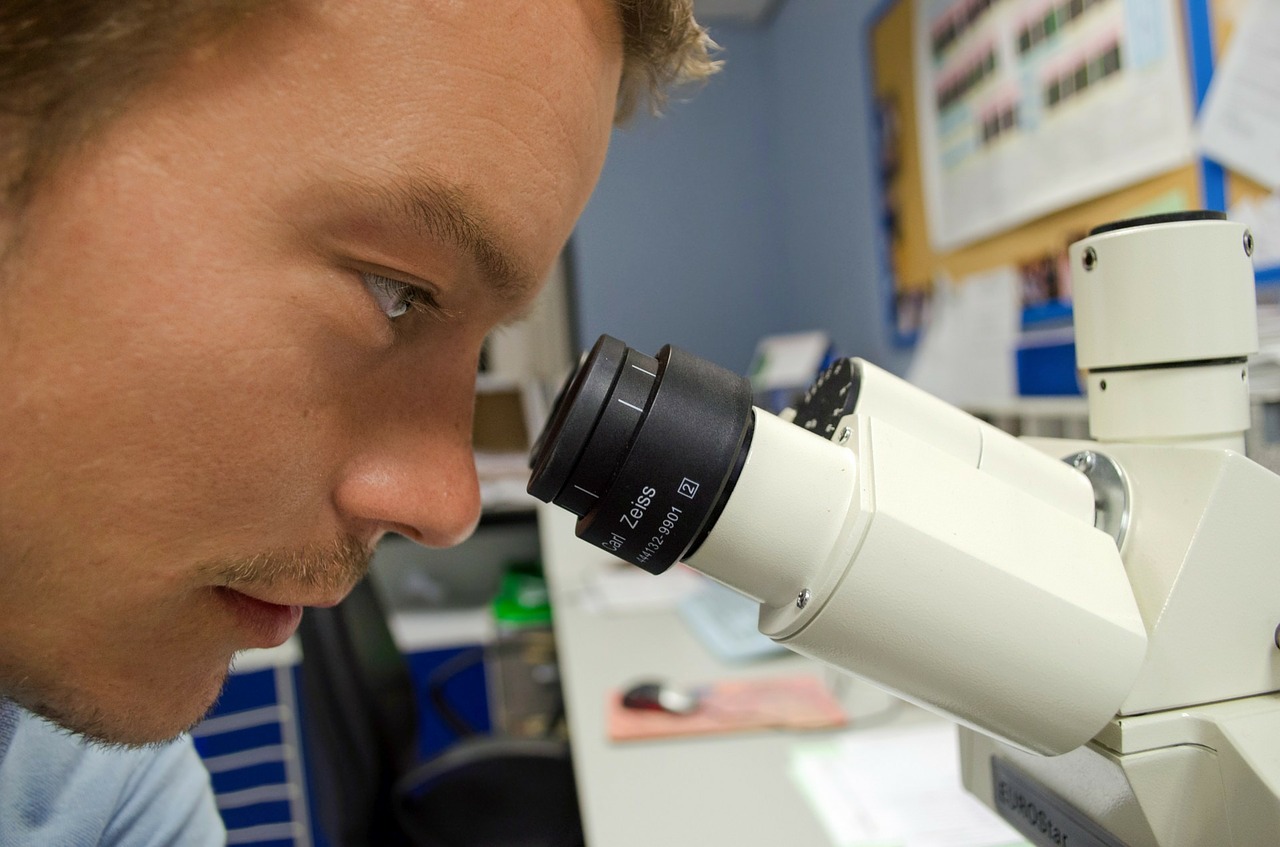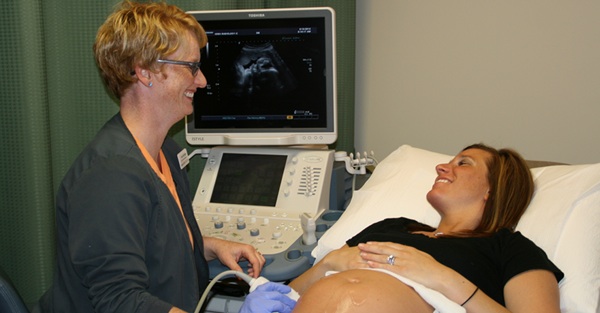How Hysterosalpingography Works & What to Expect
Mar 12, 2024 7:15:00 AM Posted by Iowa Radiology
If you’ve struggled to become pregnant or carry a pregnancy to term, your doctor may order a hysterosalpingogram (HSG) to investigate the cause. This imaging test allows a radiologist to visualize the uterus and fallopian tubes...
What’s a Transvaginal Ultrasound Like and Why Do I Need One?
Jul 6, 2017 10:16:00 AM Posted by Iowa Radiology
What is transvaginal ultrasound?
In any type of ultrasound examination, a transducer sends out sound waves and receives their echoes, which are then translated into a real-time picture of the internal structures being imaged....
MRI vs. Ultrasound: What’s the Difference?
May 25, 2017 4:15:00 PM Posted by Iowa Radiology
Have you ever wondered why your doctor chooses to order one type of imaging over another? Magnetic resonance imaging (MRI) and ultrasound are two modalities that can sometimes be used for the same purposes. Understanding the...
March Is Endometriosis Awareness Month
Mar 16, 2017 8:00:00 AM Posted by Iowa Radiology
Endometriosis is a disorder in which the tissue that normally lines the inside of the uterus (called endometrium) grows outside the uterus, intruding into the pelvic organs (the ovaries and fallopian tubes) and other tissue...
January Is National Birth Defects Prevention Month!
Jan 5, 2017 9:00:00 AM Posted by Iowa Radiology
If you’re expecting a baby (or even if you’re not), you’re probably aware that obstetric ultrasound is commonly recommended at least once during pregnancy. Many parents-to-be look forward to their ultrasound appointment because...
I Found a Breast Lump. Now What?
Sep 11, 2015 4:00:00 PM Posted by Iowa Radiology
Maybe it was in the shower. Or while you were dressing. Maybe it was at the doctor’s office. Wherever you were when you found the lump in your breast, you had the same fear: is it breast cancer?
The Basics About Biopsies for Cancer Detection
Aug 28, 2015 11:26:28 AM Posted by Iowa Radiology
Imaging tests like X-rays, CT scans, ultrasounds, and MRIs are extremely useful and advanced methods of detecting and investigating abnormalities deep inside the body. Sometimes, however, it’s impossible to determine from these...
Why Did My Doctor Recommend a Transvaginal Ultrasound?
Jan 15, 2015 3:58:00 PM Posted by Iowa Radiology
Ultrasounds are a safe, easy way to monitor fetal development, examine ovarian abnormalities, investigate potential causes of infertility, or identify cancerous and benign tumors. Depending on the purpose of your women's imaging...
Obstetric Ultrasound: What Is My Healthcare Provider Looking For?
Jun 11, 2014 1:18:00 PM Posted by Iowa Radiology
The obstetric ultrasound has become nearly ubiquitous in modern prenatal care. Many parents look forward to this event because it gives them a first glimpse at their unborn child and perhaps learn their baby’s gender. The images...









